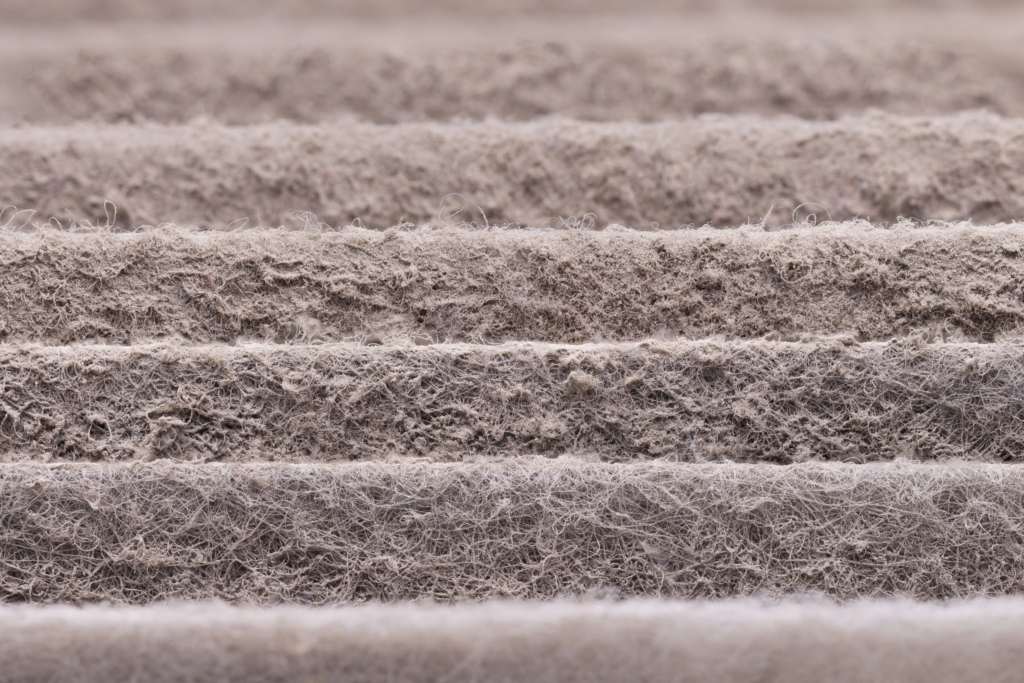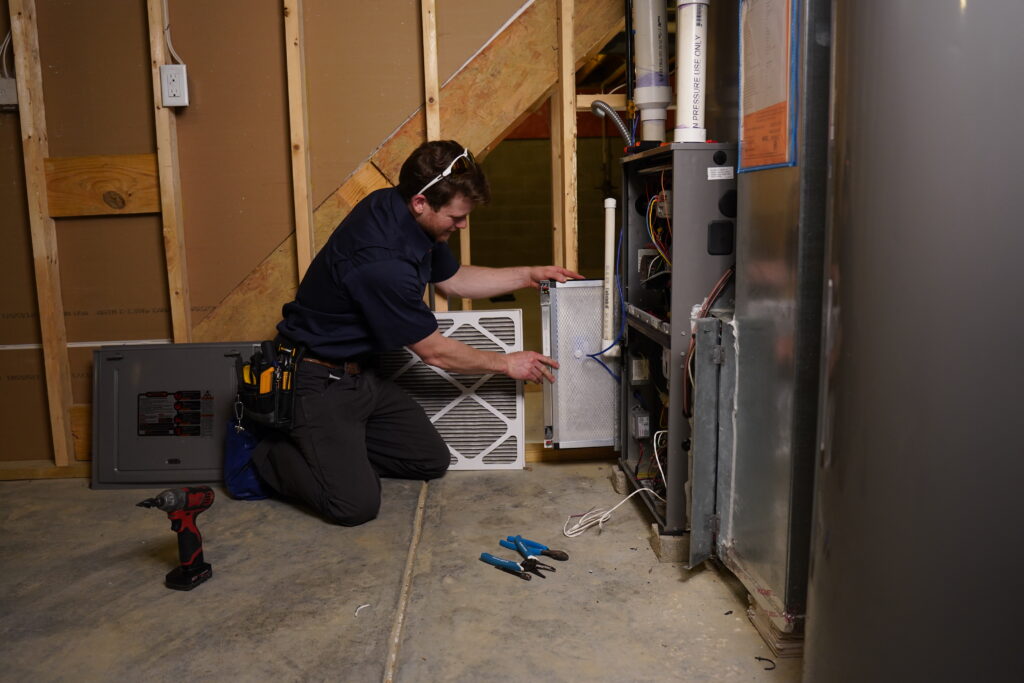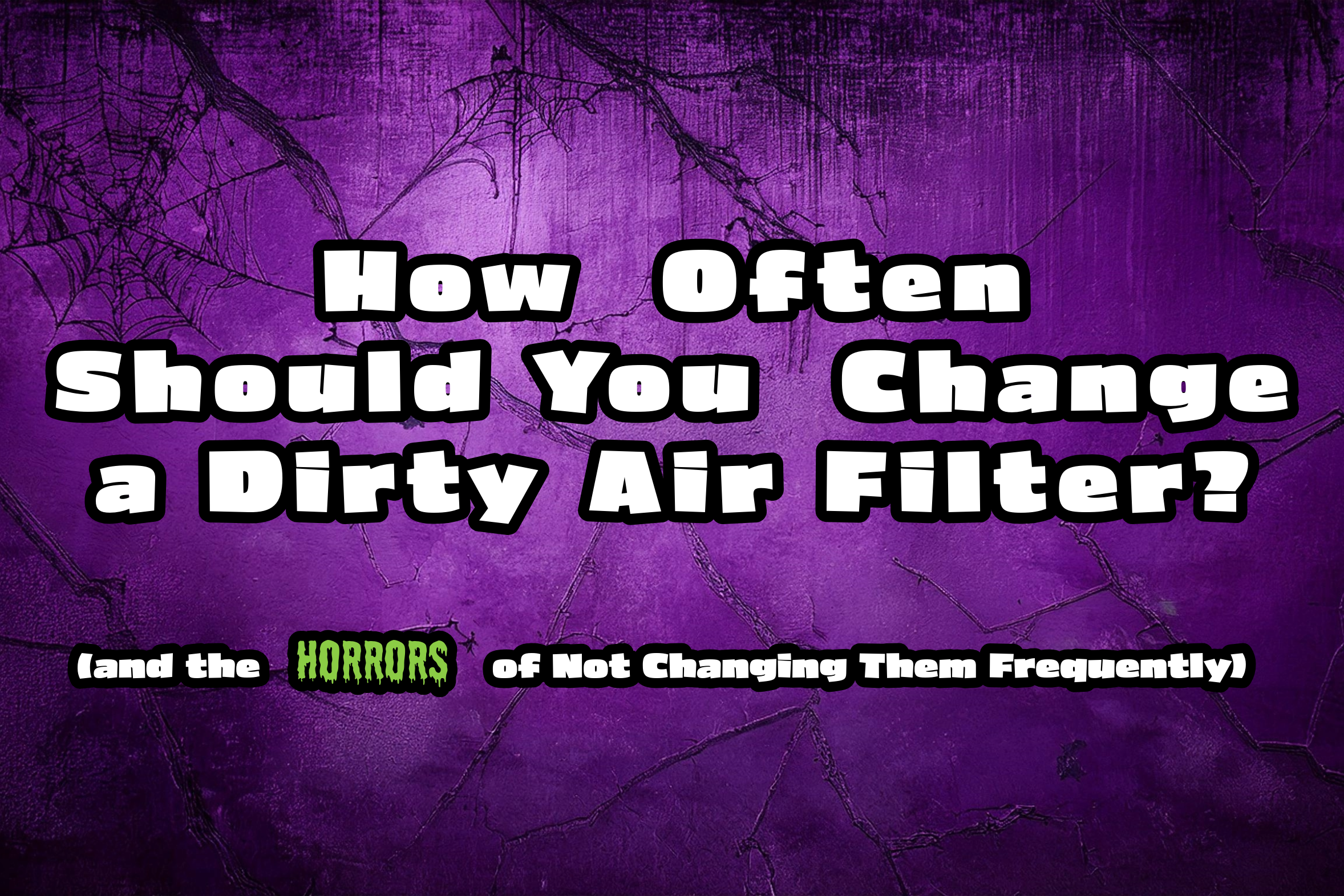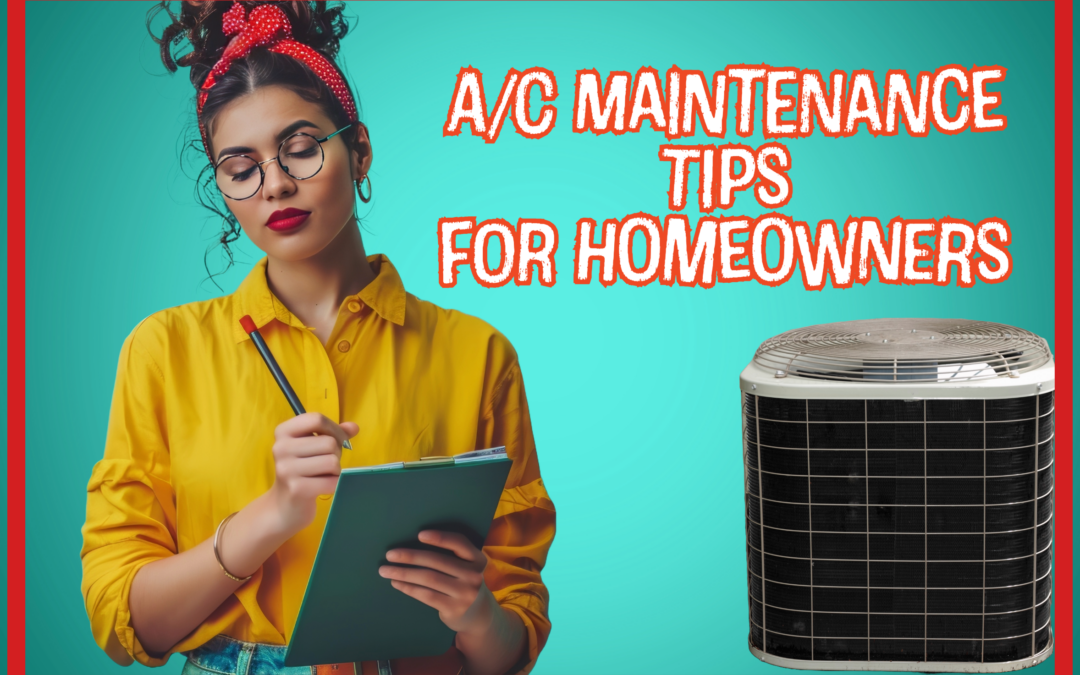While a clogged air filter may not seem like a big issue, it can actually result in some pretty scary HVAC-related consequences. We know that this issue might appear minor, but keep in mind that it can significantly impact your home’s indoor air quality (IAQ) and overall health, etc. At Kettering-Oakwood Heating & Air, our goal is to highlight the serious implications of a clogged air filter and emphasize why every homeowner in Ohio should regularly monitor their air filters to prevent potential HVAC-related issues.

Why Can Happen When You Have a Dirty Air Filter?
- Deteriorating Air Quality: A clogged air filter prevents your HVAC system from effectively filtering airborne contaminants such as dust, pollen, and germs. This deterioration in indoor air quality can exacerbate respiratory issues, including asthma and allergies. For homeowners in Ohio, where seasonal changes introduce various allergens, maintaining optimal indoor air quality is essential.
- Increased Energy Costs: When your HVAC system faces resistance from a clogged filter, it must exert more effort to circulate air, resulting in higher energy consumption. Research from the Department of Energy indicates that replacing a dirty, obstructed filter with a clean one can reduce your air conditioner’s energy usage by 5% to 15%. Given Ohio’s variable weather, it’s crucial to avoid adding extra strain to your system.
- Potential System Failure: Ignoring your air filter can lead to more serious consequences beyond poor air quality and inflated energy bills. Over time, the additional strain on your HVAC system may result in complete failure, necessitating costly repairs or even a full system replacement. For Ohio homeowners, where HVAC systems represent a significant investment, regular maintenance is vital for long-term financial savings.
- Pollutants and Contaminants – A clogged air filter permits harmful pollutants and contaminants to circulate freely within your home. These may include mold spores, pet dander, and tobacco smoke particles. Such contaminants can lead to a range of health issues, from minor irritations such as sore throats to more serious conditions like respiratory infections.
- Dust and Debris Build-up – One of the most immediate and detrimental effects of a clogged air filter is the accumulation of dust and debris in your living space. You may observe that your furniture becomes dusty more quickly, and your HVAC vents may begin to collect a significant layer of dust. This not only detracts from the cleanliness of your home but also means you are continuously inhaling these particles.
- Germs and Bacteria – A less apparent but equally concerning consequence of a clogged air filter is the proliferation of germs and bacteria. A dirty filter can serve as a breeding ground for harmful microorganisms, which can then be disseminated throughout your home. This can be particularly troubling for individuals with preexisting asthmatic or respiratory conditions.
What Are the Indications That You Need to Change Your Air Filters?
- Increased Allergy Symptoms: If you or your family members are experiencing heightened allergy symptoms despite using medication, it may be time to inspect your air filter. Pay attention to symptoms such as sneezing, coughing, and itchy eyes, as these can be worsened by poor indoor air quality.
- Unpleasant Odors: A clogged air filter can lead to the circulation of undesirable odors throughout your home. These odors can vary from a musty scent to more intense smells, depending on the contaminants trapped in the filter.
- Elevated Utility Bills: If you have observed a sudden increase in your utility bills without any corresponding change in your HVAC usage, a clogged air filter may be responsible. The system is compelled to work harder, resulting in higher energy consumption and increased costs.
How Often Should You Replace Your Dirty Air Filters?
- Seasonal Changes – If you’re in Ohio, where the seasons can be quite a ride, it’s a great idea to check your air filter at the start of each season. This way, your HVAC system is all set to handle the different demands throughout the year. If you prefer not to go by the seasons, we usually recommend homeowners change their air filters every 30-90 days, depending on usage and lifestyle.
- After Renovations – If you’ve recently tackled any home renovations, it’s definitely a smart move to swap out your air filter. Home projects can kick up a lot of dust and debris, which can quickly clog your filter.
- Pet Owners – For all the pet parents out there, it’s important to change your air filter more often. Remember, pet dander and fur can clog an air filter faster than you might think, which can impact your home’s indoor air quality.

A clean air filter is super important for keeping your HVAC system running smoothly and ensuring great indoor air quality! For homeowners in Ohio, where seasonal changes can really impact air quality, regular maintenance is key. When you recognize the signs of a clogged air filter and know how to replace it, you can keep your home comfy and your family healthy!
Don’t wait until it’s too late! Make air filter maintenance a fun part of your regular home care routine. No tricks here; with these handy tips, you’ll be ready to tackle any air filter issues that pop up!
As your local HVAC experts, Kettering-Oakwood Heating & Air is here to help you tackle any HVAC scares that come your way! Call today at (937) 502-3842, or schedule an appointment online now by clicking here!






